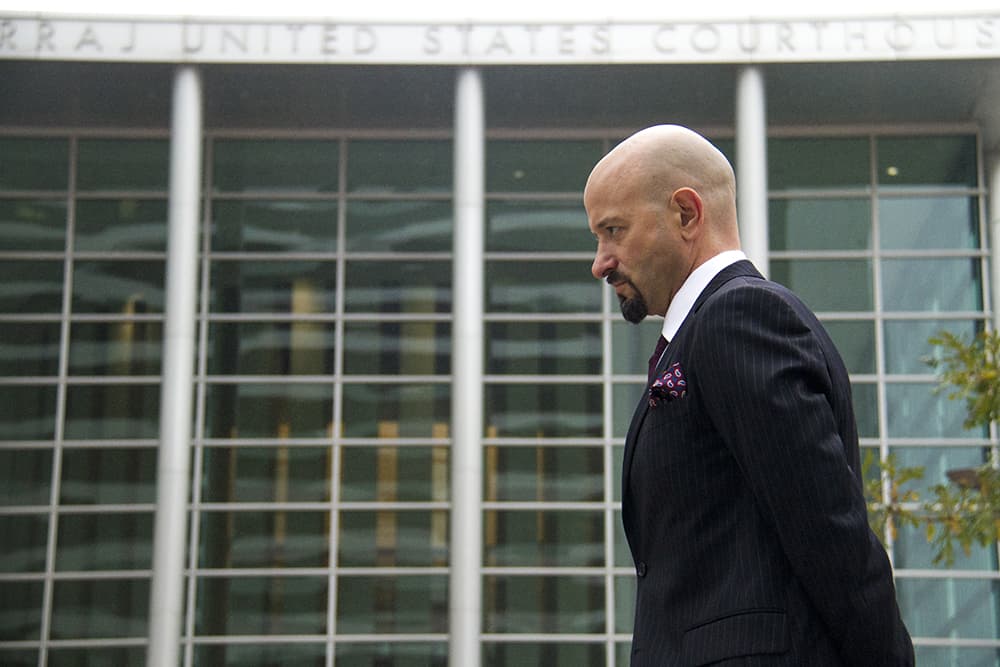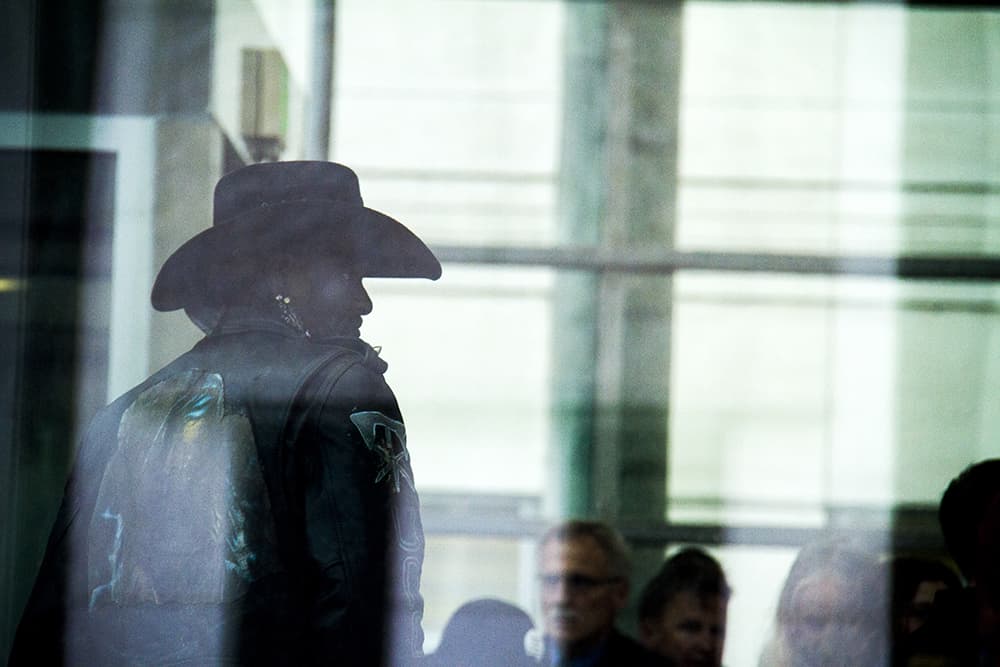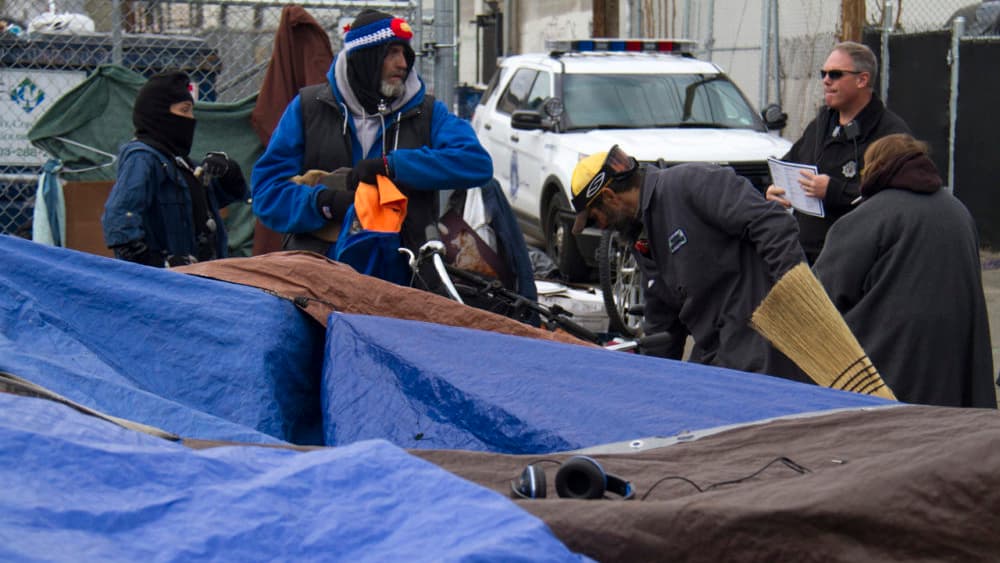Plaintiffs experiencing homelessness have reached a settlement with the city that outlines how Denver can treat people living on the streets.
With a federal trial set to start next month challenging the practice of clearing people and their belongings from Denver streets, plaintiffs' attorney Jason Flores-Willliams said Wednesday that the settlement in the class-action suit was a "pragmatic solution." He shared a document outlining an agreement that includes payments of $5,000 each for the six lead plaintiffs and unspecified attorneys' fees. Other provisions include requiring the city to give written notice seven days before embarking on a "large-scale" clearance of items and two days before removing unattended items from public places such as parks. The agreement stipulated at several points that it did not constrain the city's ability to act quickly in cases when public health and safety were threatened.
City Attorney Kristin Bronson said in a statement that the agreement's terms "are not only favorable for people experiencing homelessness but also reflective of their investment in working with the city and their representatives to find solutions to the benefit of all."
Mayor Hancock added in the city's statement: "Now we must return our focus to the important mission of connecting those experiencing homelessness with the resources they need to obtain housing, access to treatment on demand and engage with opportunity so that no one is left behind."
Flores-Williams said U.S. District Court Judge William Martinez and City Council would have to sign off on the agreement. He said he could not predict when the agreement would be finalized.


Other elements in the lengthy agreement Flores-Williams shared include requiring the city to provide public lockers and trash bins, portable toilets and places for needles to be discarded in parts of town frequented by people experiencing homelessness. A mobile health unit that would be equipped with Naloxone, the drug used to treat narcotic overdoses, is to travel Denver under the agreement. The city also agreed to avoid including jail inmates on work release on its street clearance teams and to provide sensitivity training for staff who frequently encounter people experiencing homelessness. Quarterly meetings were envisioned to allow people in homelessness to give feedback to city officials.
In a statement, the advocacy group Denver Homeless Out Loud, which has been working with the lawyers to prepare the case since its beginning, said the settlement "creates policy to defend basic property rights of people living without housing" as well as more resources for people experiencing homelessness in Denver.
The long-running case began with group of homeless men suing over how city employees handled their belongings during a series of street clean-ups in 2016. The next year, Martinez granted it class-action status, which would have meant any ruling affecting city policies could have had broad implications.
Word of a settlement in a case involving the city's camping ban comes months before Denver voters will consider a Right to Survive initiative. Denver Homeless Out Loud led the petition drive that got the initiative on the May ballot.
The initiative would overturn the city's camping ban by establishing a "right to rest" protected from the elements in public. It also calls for people to be able to eat and share food in public places where food is not prohibited, to shelter in legally parked motor vehicles and "to have a right and expectation of privacy and safety of or in one's person and property."
Critics say the proposal is too sweeping and that its consequences are difficult to predict.













